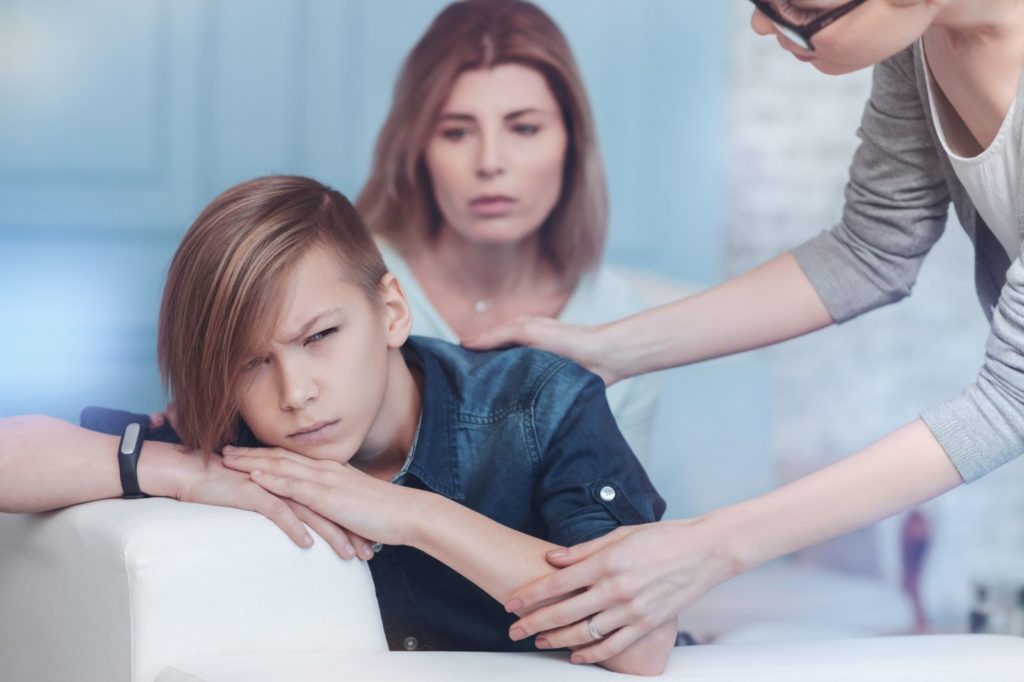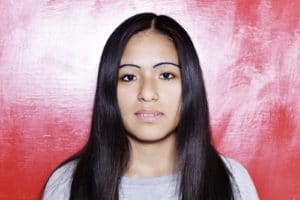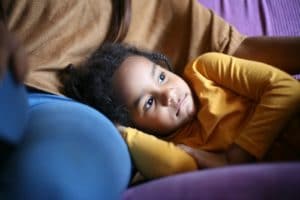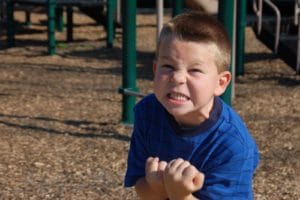Bipolar Disorder – it’s a clinical term that’s often used in popular culture in a way that’s completely different than the clinical meaning of the term. For example, many of us have heard someone say, “He’s so bipolar” if someone is being moody. Many of my clients come to me concerned that they are struggling with Bipolar Disorder because they’ve been feeling more irritable than usual. When this happens, after a thorough assessment most of my clients’ concerns are unfounded. But the reason they were concerned is based on popular misconceptions about Bipolar Disorder. In reality, the clinical diagnosis of Bipolar Disorder is much more complex than someone being occasionally moody. Unfortunately, because Bipolar Disorder is often misunderstood in this way, it can make recognizing the signs of clinical Bipolar Disorder in your child hard to spot.
If you are wondering whether or not your child may have Bipolar Disorder, keep the following in mind:
The Signs: More Than Just Moodiness
We all know that children (and adolescents) throw tantrums, can be moody, and have lots of energy (or don’t if they’re a typical teen!). It can be tempting to see these characteristics as signs of a mental illness but Bipolar Disorder looks very different from the occasional tantrum or outburst.
Bipolar Disorder has two types, Bipolar Disorder I and Bipolar Disorder II, and both feature changes in mood between a manic episode (unusually elevated mood, increased energy, decreased need for sleep) and a depressive episode. A manic episode is more than just being irritable, on edge, happy, or energetic and a depressive episode is much more than just being irritable or sad, clarifies the National Institute of Mental Health (NIMH). The changes are very apparent and are different from typical energy levels in children, and usually last a week or more. If you notice a pattern of marked changes in your child’s mood and behavior, it may be more than just the occasional outburst typical in children and adolescents. The key is to look for patterns of behavior rather than a one-time occurrence of unusual behavior.
According to NIMH, signs of a manic episode may include:
- Acting in an uncharacteristically silly or energetic way
- Irritability
- Speaking very quickly
- Difficulty concentrating
- Not feeling tired and being unable to sleep
- Engaging in risky behavior
And signs of a depressive episode may include:
- Feeling sad
- Unusual stomach aches or headaches
- Sleep disturbances
- Changes in appetite
- Low energy
- Decreased interest in activities once enjoyed
- Thoughts or talking about death and/or suicide
Bipolar Disorder in Childhood Is Rare
It is actually very rare for a child to be diagnosed with Bipolar Disorder; it is more commonly diagnosed in adolescence and young adulthood. According to the NIMH, the lifetime prevalence for Bipolar Disorder in adolescents is 0-3%, but there are no well-established percentages for prevalence among children. This may be because Bipolar Disorder typically develops in adolescence and young adult years and so the symptoms are not present during childhood.
While the likelihood of a childhood Bipolar Disorder diagnosis is rare, be alert to the symptoms. If you see signs of cycling between a manic and depressive episode in your child, a consultation with a mental health professional will help you decide how best to help your child.
Does Bipolar Disorder Run in Families?
The NIMH reports that research has found a genetic link for Bipolar Disorder; so yes, Bipolar Disorder tends to run in families.
If Bipolar Disorder runs in your family, this doesn’t necessarily mean that your child will develop it. However, it does mean that the likelihood of them developing the disorder is higher than in the general population.
If Bipolar Disorder does run in your family and you notice your child exhibiting any of the signs listed about, schedule a consultation with a mental health professional for their assessment.
Bipolar Disorder Often Occurs with Other Diagnoses
The NIMH reports that Bipolar Disorder in children and adolescents often occurs with other disorders including anxiety disorders, conduct disorders, oppositional defiant disorders, or attention deficit hyperactivity disorder (ADHD). To further complicate matters, some of the symptoms of these other disorders can mimic the symptoms of Bipolar Disorder. For example, some of the symptoms of ADHD — like difficulty concentrating, impulsivity, and excess energy — could be mistaken for symptoms of a manic episode.
However, the Child Mind Institute notes that one significant difference between the symptoms of ADHD and Bipolar Disorder is that the symptoms of Bipolar Disorder are episodic, meaning they last for a week or few weeks and then subside, while the symptoms of ADHD are consistently present overall. A mental health professional will help you understand the difference and move toward a diagnosis.
If you suspect your child may have Bipolar Disorder, schedule a consultation with a mental health professional who can provide their professional assessment and discuss treatment options that will be best for you and your family. A Bipolar Disorder diagnosis doesn’t have to derail your family. With the help of professionals and supportive treatment, your child and your family can thrive.
- If you are concerned about your child and need more information and resources to take the next step, check out our free online handbook.
- For other tips on screening for a mental health concern, click here.










